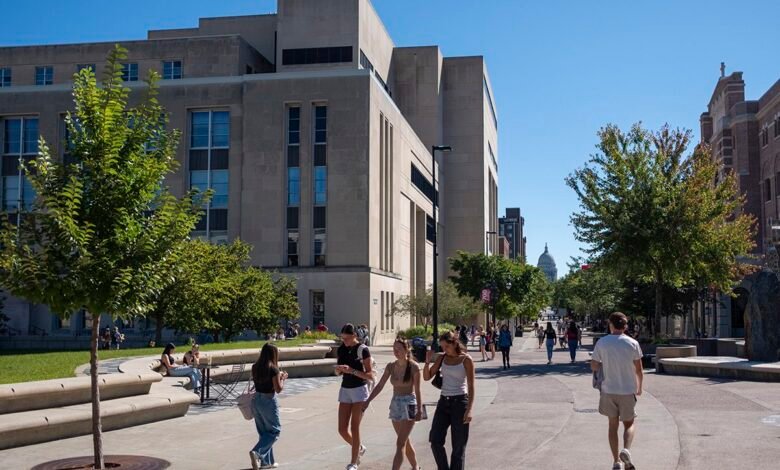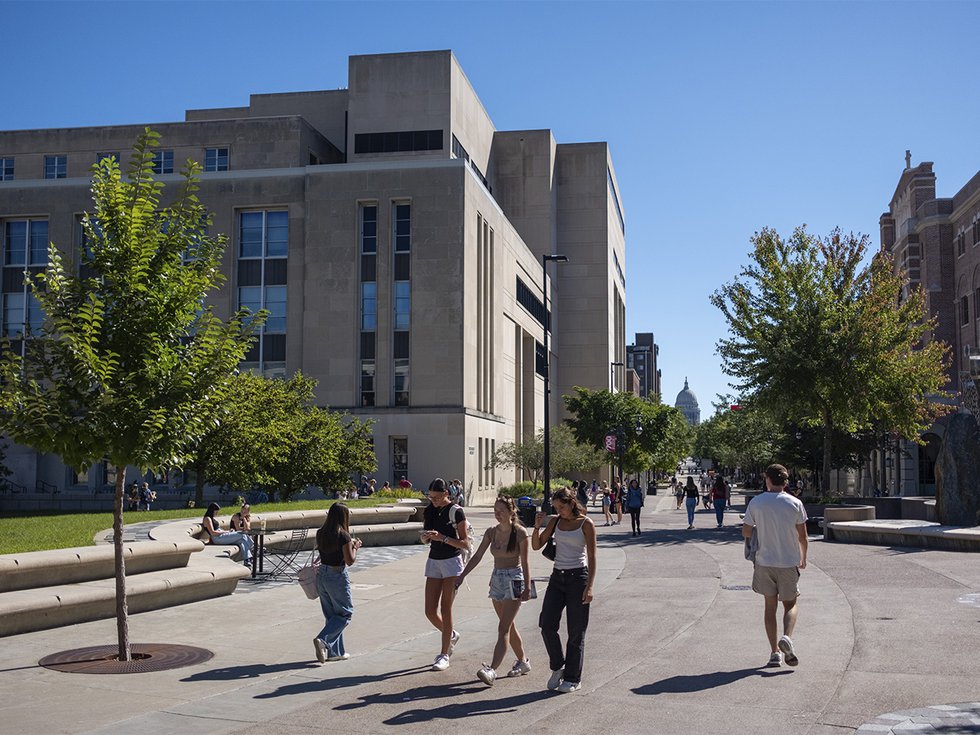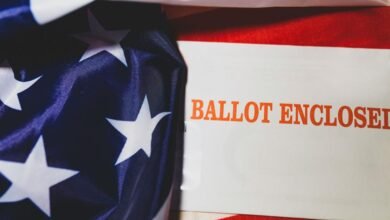New Madison housing group takes up study recommendations addressing high student rents – Isthmus


UW-Madison has among the highest rents of any Big Ten university, according to a study released on Aug. 26. The study’s release is welcomed by a group of developers, alders and university officials recently formed to tackle Madison’s student housing problem.
Chicago-based consulting firm Jones Lang LaSalle (JLL) conducted the study, which recommends that the city of Madison enact affordable housing incentives, developers offer later lease dates, and that UW-Madison invests in more new housing and better informs students how to find off-campus housing.
The group working with the data is called the Affordable Housing Student Housing Working Group. Its members include four alders — Alds. MGR Govindarajan, Juliana Bennett, Mike Verveer and Bill Tishler — city staff, UW-Madison and UW-Housing officials, private developers and attorneys, according to Downtown Madison Inc. President Jason Ilstrup. The group has met since January.
Ilstrup says the working group was born out of a need for more communication between the public and private sector on the issue of student housing: “If you didn’t have the public and the private side working together and discussing these recommendations, you weren’t getting the most robust recommendations.”
Still, the study’s data is not finalized — the report UW-Madison released on Aug. 26 is an “executive brief,” Govindarajan says, and does not include all of the consultant’s findings. The group will eventually receive raw data, Govindarajan says, though he does not have an exact date or timeline for when that will happen. “Hopefully at some point,” he adds, “[the raw data] will go public.”
The group has sent these preliminary recommendations to Madison’s Housing Strategy Committee. Once the study is finalized, the group will revise those recommendations for a later introduction before the city council, Govindarajan says.
The idea to commission a study came from Bennett, who wanted to work with UW-Madison to increase its affordable housing supply, according to an Aug. 26 press release from the university.
Govindarajan says the study offers a starting point for city, university officials and developers to coordinate in areas where improvements can be made. He acknowledges that the study’s takeaways might be tough to swallow — the findings that $1,273 is the near-campus per-bed average rent and that “affordable” monthly rent is $980 made the rounds on Twitter.
But he says having specific data is invaluable, particularly for gauging student behavior.
“We were able to get concrete numbers of how many students also share bedrooms just for the purposes of decreasing rent, and how much rent does that actually decrease?” Govindarajan says, adding that the study is ultimately “suggestive.”
One of the study’s key takeaways is that students who have attended UW-Madison longer find cheaper rents compared to freshmen — seniors paid an average $834 monthly rent, compared to freshmen’s $1,016. The consultant said older students may be more “familiar with the off-campus market” and how to find cheaper options.
As such, Ilstrup and other working group members think increasing students’ education on how to navigate the housing market would be an immediately helpful method of pushing down the price students pay. “We thought that that was highly feasible,” Ilstrup says, adding that the idea would require relatively few assets.
The study also recommends that UW-Madison explore “public/private partnerships with private developers to create accessible off-campus properties.”
The working group came to a similar conclusion. One recommendation that the group considered a “high priority” in July was to establish a real estate foundation that could receive and hold real estate investments for UW-Madison, similar to what exists at UW-Eau Claire, UW-Milwaukee and UW-Platteville, and work on a “potential public private partnership to create more housing.”
Under state law, public universities cannot build capital projects — even if they’re fully funded — without the Legislature’s approval, but a foundation and public-private partnership could allow UW-Madison to dodge this limitation, allowing the university to invest in or build student housing. Ilstrup says UW-Madison already has a similar relationship with University Research Park, a nonprofit entity that purchases and develops land for the university: “There are entities already set up to do this.”
“They create a third entity that’s run by the private side to help build these facilities, because you don’t need bonding authority,” Ilstrup says. “It’s a model that gets used not infrequently to help build more student housing.”




